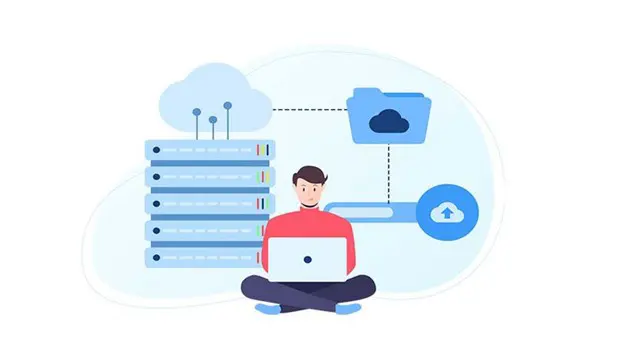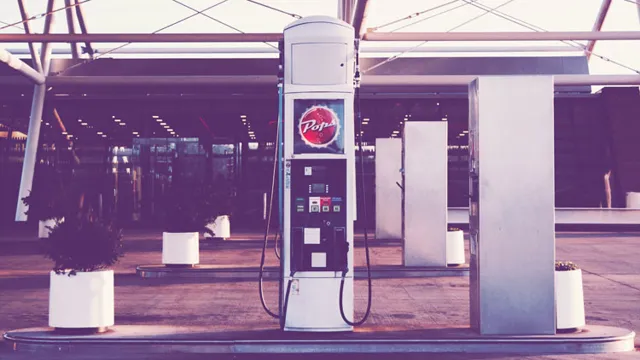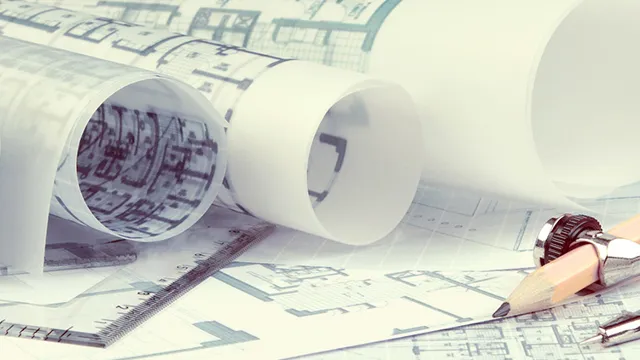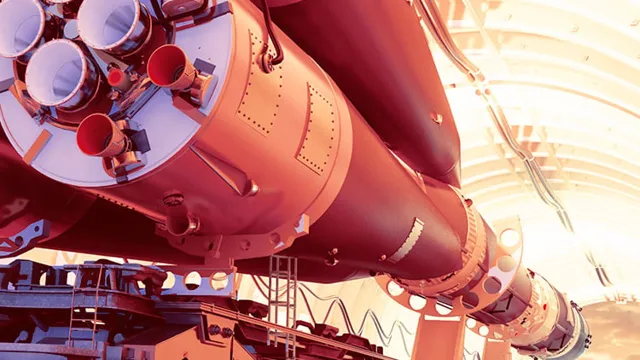Mastering Jenkins CI with Amazon AWS: Build DevOps Pipeline
ClayDesk
Implement and integrate Jenkins continuous integration CI with Amazon AWS Beanstalk using Github. DevOps in action
- Online
- 4.3 hours · Self-paced
- Certificate(s) included
...Jenkins CI with Amazon AWS: Build DevOps Pipeline" is a course designed to provide comprehensive training on using Jenkins and Amazon Web Services (AWS) to build robust and efficient DevOps pipelines. DevOps is a software development approach that emphasizes collaboration, integration
…






